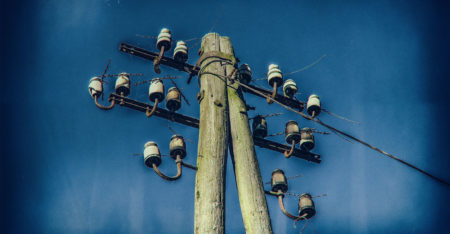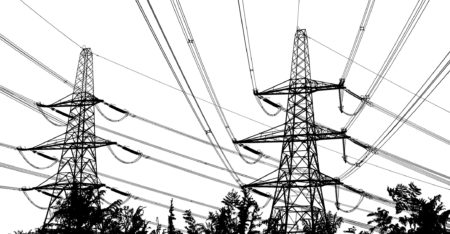Eskom recently attempted to ensure that there would be no load shedding during the morning peak of 6am to 9am. There are a number of problems with this short-lived plan.
Browsing: Hilton Tarrant
On paper at least, an acquisition of Cell C by Telkom makes sense. But Cell C is arguably in worse shape today than it was two years ago when Telkom tried and failed. By Hilton Tarrant.
In the past year, Telkom lost 186 141 copper broadband lines but only gained 55 577 fibre connections. This has caused tremendous pressure on its revenue line.
The annual double-digit increases in the price of electricity have sent household energy bills skyrocketing. But there are simple changes that households can make to reduce their consumption and therefore their electricity bills.
Analysts have long criticised Telkom since its entry into the mobile market in October 2010, which hasn’t come cheap. But it’s become the company’s saving grace.
The decision by Standard Bank to close 91 branches and cut 1 200 jobs is not at all surprising – the only surprises were that the bank announced it publicly and that it did so before elections in May.
In times of crisis – especially with questionable crisis communication from government and Eskom over the past week – humans tend to create their own “reality”, whether grounded in fact or not.
Even at a generous 20GW, the electricity available from Eskom’s coal fleet is barely 52% of the about 38.6GW nominal capacity. These numbers are horrifying.
Ahead of its unbundling from parent Naspers and separate listing on the JSE, the bear case for MultiChoice is fairly well understood by the market. The reality, as always, is a lot more nuanced.
The response to this week’s unexpected wave of rolling blackouts load shedding – by practically everyone – has been completely unimaginative. Predictably so.









